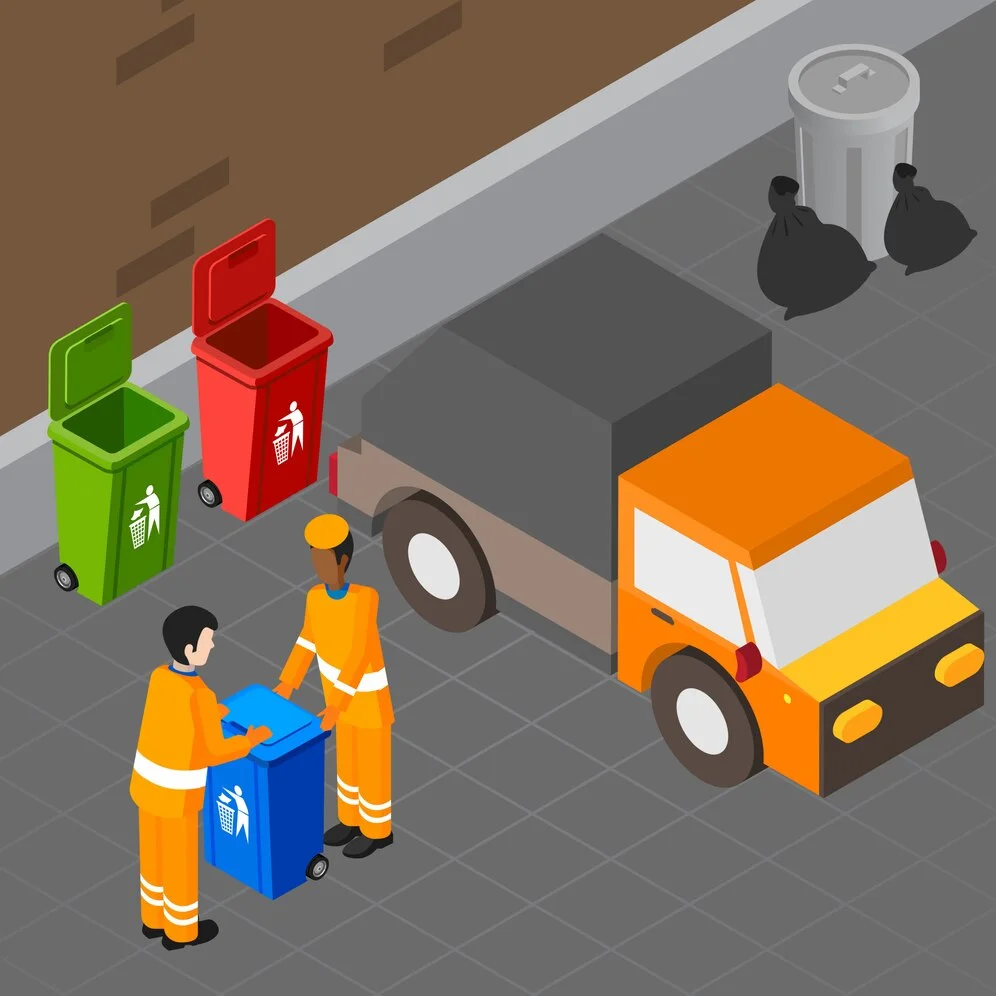Key Takeaways:
- Understand how modern compactors contribute to environmental sustainability.
- Learn practical tips for implementing efficient waste management solutions.
The Evolution of Waste Management Technology
Waste management has evolved dramatically from when waste was discarded in open pits or burned. With growing environmental awareness and the need for efficient waste handling, traditional practices have been replaced by advanced technologies. One major leap in this field is the development of apartment compactors. These machines are crucial in reducing waste volume and improving waste management systems’ efficiency in residential and commercial settings.
Originally, waste management solutions were primitive and labor-intensive, often leading to significant environmental pollution. The introduction of hydraulic and pneumatic systems in waste compactors revolutionized the process. Modern waste compactors save space and reduce waste collection frequency, lowering operational costs and the environmental footprint.
How Modern Waste Compactors Work
Modern waste compactors utilize hydraulic or pneumatic pressure systems to compress waste materials, significantly reducing their size. This compression mechanism exerts a substantial force on the waste collected in a chamber. Once the trash is sufficiently compacted, it can be more easily managed, stored, or transported.
There are several waste compactors, including stationary compactors, which are ideal for large volumes of waste; self-contained compactors, which are helpful for wet waste; and portable compactors, designed for versatility and mobility. Businesses benefit immensely from these devices, experiencing lower waste disposal costs and reduced labor for waste management. Homeowners also notice fewer trips to landfills and a more efficient waste management system at home.
Environmental Impact of Efficient Waste Management
Efficient waste management through compactors has a profoundly positive impact on the environment. Compactors help decrease harmful methane emissions—a potent greenhouse gas– by significantly reducing the volume of waste sent to landfills. Moreover, compactors mitigate the risk of groundwater contamination, often caused by inefficient waste disposal practices.
Environmental benefits go beyond reduced landfill usage. Compactors promote recycling by segregating and compacting recyclable materials, supporting sustainability goals. In urban areas, effective waste management has been found to significantly lower communities’ carbon footprints, underscoring the importance of technological advancements in this domain.
Economic Benefits of Waste Compactors
The economic advantages of installing waste compactors are substantial and multifaceted. Businesses incorporating compactors into their waste management systems often experience significant cost savings. Reduced waste volume translates to fewer collections and lower disposal costs.
The return on investment (ROI) for waste compactors is impressive financially. Many businesses recoup the initial costs within a few years, benefiting from ongoing savings. Real-life examples underline these benefits. For instance, a large retail chain reported a 30% reduction in waste management costs after implementing compactors, highlighting the economic efficacy of these devices.
Tips for Implementing Waste Compactors
Implementing a waste compactor involves several considerations to ensure the system meets your needs. First and foremost, assessing the type and volume of waste generated is crucial. Different compactors are suitable for various waste types, dry or wet.
Space constraints are another factor to consider. Choosing a compactor that fits within your allocated space while still catering to your waste volume is essential. Proper installation is critical to maximizing the unit’s efficiency and safety. Routine maintenance checks should also be scheduled to ensure the compactor operates optimally.







